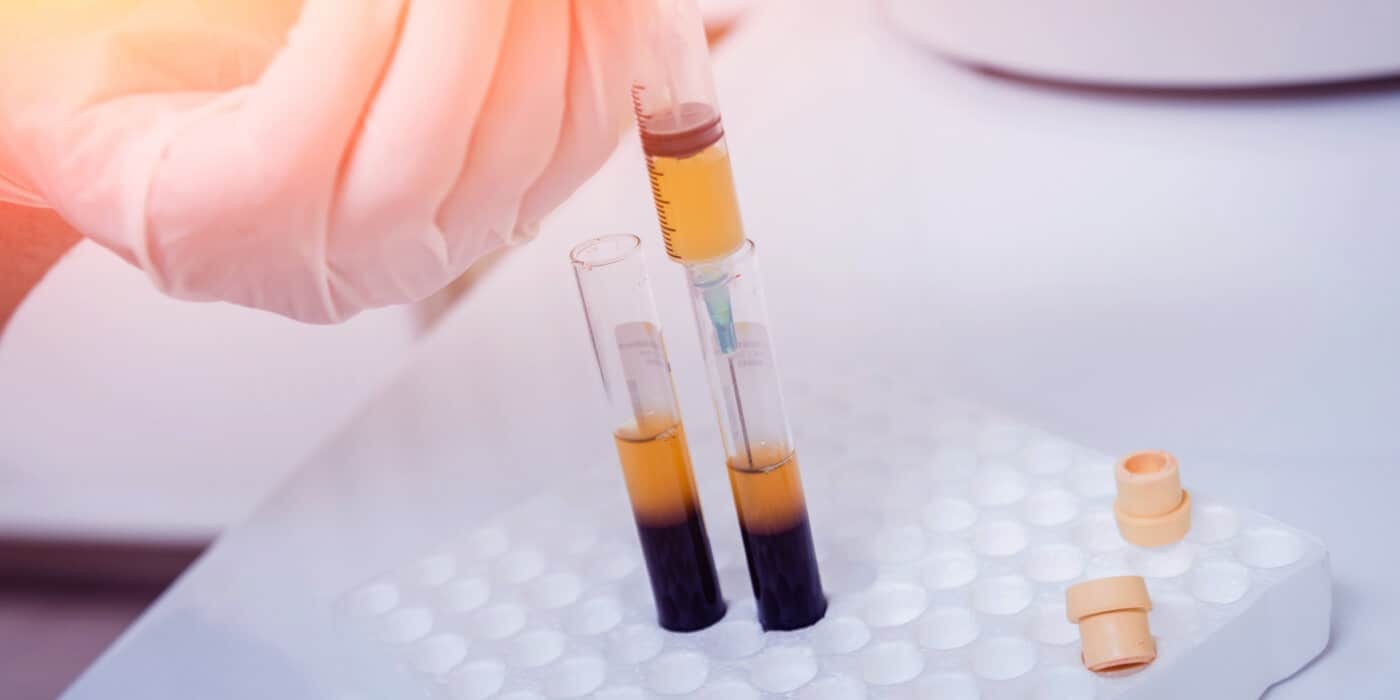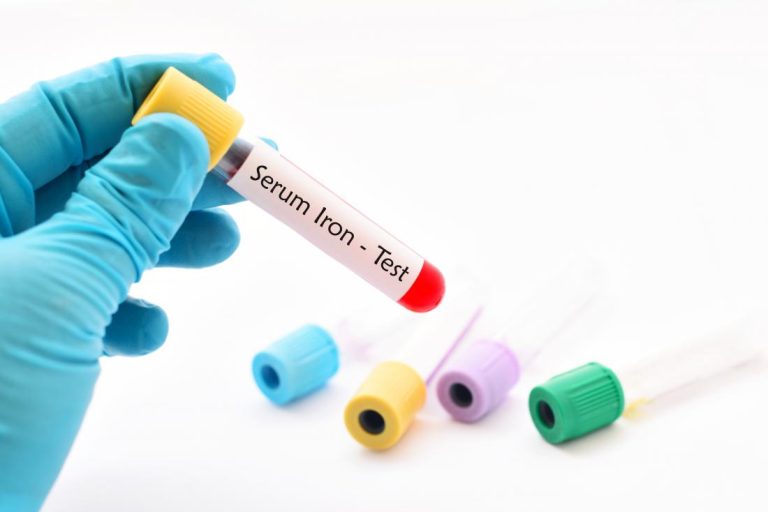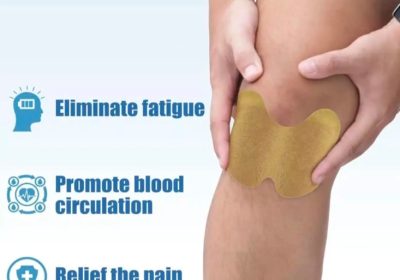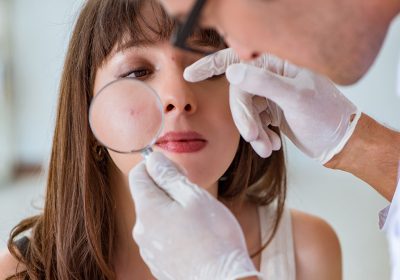
Plasma Donation Center Cherry Hill, NJ: Making a Difference One Donation at a Time
Key Takeaways:
- Plasma donation is crucial for saving lives and improving healthcare by providing essential proteins and antibodies for medical treatments.
- Donating plasma directly saves lives by helping patients with severe burns, trauma, immune deficiencies, and genetic disorders.
- Plasma donation supports medical research and innovation by providing a rich source of antibodies and proteins.
- Donating plasma in Cherry Hill, NJ offers advantages such as convenient location, competitive compensation, and support for the local community.
- The donation process at the Cherry Hill Plasma Center is safe and straightforward, following strict safety measures and protocols.
- Addressing frequently asked questions and concerns helps potential donors feel informed and confident about donating plasma.
- When choosing a plasma donation center, factors to consider include location, reputation, safety measures, compensation, and community impact.
- The Cherry Hill Plasma Center stands out for its convenient location, commitment to safety, competitive compensation, and collaboration with local organizations.
- Satisfied donors in Cherry Hill emphasize the professionalism of the staff, the impact of their donations, and the sense of fulfillment they experience.
1. The Importance of Plasma Donation
Plasma donation plays a crucial role in saving lives and improving healthcare. Plasma, the liquid portion of our blood, contains essential proteins, antibodies, and other vital components that are used to treat a wide range of medical conditions. Understanding the significance of plasma donation can motivate individuals to contribute to this life-saving cause.
1.1 Understanding Plasma and its Use in Medical Treatments
Plasma is a yellowish fluid that constitutes approximately 55% of our blood. It carries red and white blood cells, platelets, hormones, and other vital substances throughout the body. Plasma is used in various medical treatments, including those related to burn injuries, immune deficiencies, hemophilia, and cancer. It is also utilized in the production of life-saving medications such as immunoglobulins and clotting factors.
In medical research, plasma plays a crucial role in understanding diseases and developing innovative treatments. Scientists rely on plasma donations to study different antibodies, analyze their functions, and search for new ways to combat illnesses. By donating plasma, individuals directly contribute to the advancement of medical knowledge and the development of life-saving therapies.
1.2 How Plasma Donation Saves Lives and Improves Healthcare
Plasma donation has a tangible and immediate impact on saving lives. Patients suffering from severe burns or trauma often require plasma transfusions to replace lost blood, restore clotting factors, and stabilize their condition. Additionally, individuals with immune deficiencies or genetic disorders rely on regular plasma treatments to lead healthier lives.
Moreover, plasma-derived medications are used in critical situations, such as during surgeries or to manage chronic conditions. For example, immunoglobulins obtained from plasma donations are administered to patients with autoimmune disorders, helping them manage symptoms and live more productive lives.
By donating plasma, individuals provide a lifeline for those in need, helping to save lives and improve the quality of healthcare for countless patients.
1.3 The Impact of Plasma Donation on Medical Research and Innovation
Plasma donation not only contributes to immediate patient care but also fuels medical research and innovation. Researchers rely on plasma donations to study diseases, identify novel treatments, and explore potential cures. The antibodies and proteins present in plasma offer a rich source of information for scientists striving to understand the complexities of various medical conditions.
Plasma donations have been instrumental in the development of breakthrough medications and therapies. For example, the discovery of monoclonal antibodies, which are used to treat cancer and autoimmune diseases, relied heavily on the study of plasma donations. The ongoing research in plasma-related fields not only leads to new treatments but also improves existing ones, making them more targeted and effective.
By donating plasma, individuals become partners in medical research, enabling scientists to make significant advancements and providing hope for future patients.
2. Advantages of Donating Plasma in Cherry Hill, NJ
Donating plasma in Cherry Hill, NJ, offers several advantages that make it a convenient and rewarding experience. Whether it’s the location, compensation, or community impact, there are numerous reasons why individuals choose to donate at the Cherry Hill Plasma Center.
2.1 Convenient and Noteworthy Benefits of Donating in Cherry Hill
The Cherry Hill Plasma Center offers a convenient location for donors in the area. Situated in the heart of Cherry Hill, it is easily accessible for residents and individuals traveling from neighboring towns. The center provides ample parking and flexible donation hours, making it easy for donors to fit plasma donation into their busy schedules.
Besides convenience, donating plasma in Cherry Hill also comes with a range of noteworthy benefits. Donors receive regular health check-ups and screenings, providing valuable insights into their overall well-being. Additionally, the center offers a comfortable and relaxing environment, ensuring a positive experience during the donation process.
2.2 Competitive Compensation for Plasma Donors in Cherry Hill, NJ
At the Cherry Hill Plasma Center, donors are not only making a difference in the lives of others but also benefiting themselves. The center offers competitive compensation for plasma donations, providing financial incentives for individuals who choose to donate regularly. This compensation recognizes the time and effort donors invest, making it a win-win situation for both the donor and the community.
Furthermore, the Cherry Hill Plasma Center offers loyalty programs and referral bonuses, allowing donors to earn additional rewards and contribute further to their personal financial goals. These incentives make plasma donation more accessible and financially rewarding, motivating individuals to participate in this life-saving endeavor.
2.3 Supporting Local Community and Making a Difference in Cherry Hill
Donating plasma at the Cherry Hill Plasma Center not only helps individuals in need but also supports the local community. By choosing to donate locally, individuals actively contribute to the well-being of their neighbors, friends, and fellow community members. Plasma donations are used to improve the healthcare infrastructure and enhance medical services in Cherry Hill and the surrounding areas.
Moreover, the Cherry Hill Plasma Center actively collaborates with local organizations and institutions to make a broader impact. Whether it’s partnering with medical research facilities or contributing to community outreach initiatives, the center goes beyond plasma collection to create a positive change in the lives of people living in Cherry Hill.
By donating plasma in Cherry Hill, individuals become an integral part of the community, making a tangible difference in the lives of their fellow residents.
3. The Donation Process at the Cherry Hill Plasma Center
Donating plasma at the Cherry Hill Plasma Center is a straightforward and safe process. The center follows stringent safety measures and precautions to ensure the well-being of both donors and staff members. Understanding the step-by-step guide to donating plasma and addressing frequently asked questions can help potential donors feel confident and informed.
3.1 Step-by-Step Guide to Donating Plasma at Cherry Hill, NJ
The donation process begins with the donor’s registration and a brief medical screening to ensure their eligibility. Once approved, the donor proceeds to the donation area, where a trained staff member explains the process and answers any remaining questions. The donor is then comfortably seated, and the donation process begins.
A small needle is inserted into a vein, and blood is drawn into a sterile, closed system that separates plasma from other blood components. The separation process takes place through apheresis, and only the plasma portion is collected. The other components of blood, such as red blood cells and platelets, are returned to the donor’s body along with a saline solution to maintain fluid balance.
Throughout the donation process, donors are kept comfortable and monitored by skilled staff members. The entire process typically takes around 90 minutes, with the actual plasma donation lasting approximately 45 minutes.
3.2 Safety Measures and Precautions Ensured at the Cherry Hill Center
The Cherry Hill Plasma Center prioritizes donor safety and follows stringent safety measures and protocols. All staff members are trained to ensure compliance with industry standards and best practices. The center maintains a sterile environment, adhering to strict infection control measures to prevent any risks or complications.
Additionally, the center screens all donors for medical eligibility to ensure plasma collected meets the highest standards and is safe for transfusion or medical use. Donors are assessed for their general health, medical history, and potential exposure to infectious diseases. Regular health screenings provide a comprehensive picture of the donor’s well-being and help maintain the quality and safety of the donated plasma.
3.3 Frequently Asked Questions and Concerns Regarding the Donation Process
Prospective donors often have questions and concerns about the donation process. Addressing these common queries can help potential donors feel more comfortable and confident about donating plasma.
Some frequently asked questions include:
- What are the eligibility requirements for plasma donation?
- Are there any side effects or risks associated with plasma donation?
- How often can one donate plasma?
- What happens to the plasma after donation?
- Does plasma donation hurt?
The Cherry Hill Plasma Center provides comprehensive answers to these questions, ensuring that potential donors have all the necessary information to make an informed decision. Addressing concerns and providing transparent information helps alleviate potential anxieties and encourages more individuals to participate in this life-saving endeavor.
4. Finding the Right Plasma Donation Center in Cherry Hill
When choosing a plasma donation center in Cherry Hill, NJ, several factors should be taken into consideration to ensure a positive and impactful experience. The Cherry Hill Plasma Center stands out among other centers, offering distinctive features and maintaining a remarkable reputation.
4.1 Factors to Consider When Choosing a Plasma Donation Center
When selecting a plasma donation center, potential donors should consider factors such as location, reputation, safety measures, compensation, and community impact. Accessible locations make it easier for individuals to donate regularly, ensuring a steady supply of plasma for patients in need. A center with a reputable track record demonstrates reliability and commitment to both donors and recipients.
Moreover, safety measures and protocols should be of utmost importance when choosing a plasma donation center. Ensuring that the center follows rigorous infection control practices and conducts thorough eligibility screenings guarantees the quality and safety of the collected plasma.
Compensation for donors is another vital factor to consider. Centers that offer fair and competitive compensation recognize the value of donors’ time and effort, making the donation experience more rewarding and motivating.
Finally, the community impact of the plasma donation center should be taken into account. Centers that actively collaborate with local organizations and contribute to medical research or community outreach initiatives amplify the positive impact of plasma donation.
4.2 The Distinctive Features and Remarkable Reputation of the Cherry Hill Plasma Center
The Cherry Hill Plasma Center stands out due to its distinctive features and remarkable reputation. Located in Cherry Hill, it offers a convenient and accessible location for donors living in the area. The center’s commitment to donor and recipient safety is evident through its rigorous safety measures and infection control protocols.
Furthermore, the Cherry Hill Plasma Center has built a strong reputation for providing competitive compensation to donors. Their recognition of donors’ time and effort has made them a preferred choice among individuals looking to contribute to the community while benefiting personally.
Collaboration with local organizations and research institutions is another highlight of the Cherry Hill Plasma Center. By actively engaging with the community and supporting medical research, the center underscores its commitment to making a positive impact beyond just plasma collection.
4.3 Testimonials and Success Stories from Satisfied Donors in Cherry Hill, NJ
The Cherry Hill Plasma Center has been instrumental in changing the lives of both donors and patients in need. Numerous satisfied donors in Cherry Hill have shared their testimonials and success stories, highlighting the positive experiences and the satisfaction they derive from making a difference.
Donors often express their appreciation for the professional and caring staff at the center, ensuring a comfortable and hassle-free donation process. They also highlight the impact their donations have on patients’ lives and the sense of fulfillment they experience by contributing to the local community.
These success stories and testimonials reinforce the center’s positive reputation and serve as a testament to its dedication to creating a meaningful and lasting impact.
Choosing the Cherry Hill Plasma Center ensures a fulfilling, safe, and impactful plasma donation experience, creating a win-win situation for donors and the local community.
FAQ
Question: Are there any side effects or risks associated with plasma donation? – Like any medical procedure, there can be potential side effects or risks with plasma donation. However, the donation process at the Cherry Hill Plasma Center follows strict safety measures and protocols to minimize these risks. Donors may experience temporary side effects such as dizziness or lightheadedness, but serious complications are rare.
Question: How often can one donate plasma? – The frequency of plasma donation can depend on individual factors and the specific guidelines set by the Cherry Hill Plasma Center. Generally, there is a waiting period between donations to allow the body to replenish plasma. The exact timeframes and restrictions can be discussed with the center’s staff.
Question: What happens to the plasma after donation? – After donation, the plasma is carefully processed and tested to ensure its safety and quality. It may be used for various medical treatments or further processed to create plasma-derived medications. The exact use of donated plasma can vary depending on specific medical needs and research requirements.
Question: Does plasma donation hurt? – The donation process itself is generally considered to be relatively painless. A small needle is inserted into a vein, which may cause a brief discomfort or a pinch sensation. However, the process is typically well-tolerated by donors, and the staff at the Cherry Hill Plasma Center is experienced in making the donation process as comfortable as possible.
Please note that these are just some of the FAQs related to plasma donation. If you have any additional questions or concerns, it is recommended to contact the Cherry Hill Plasma Center directly for more information.


















